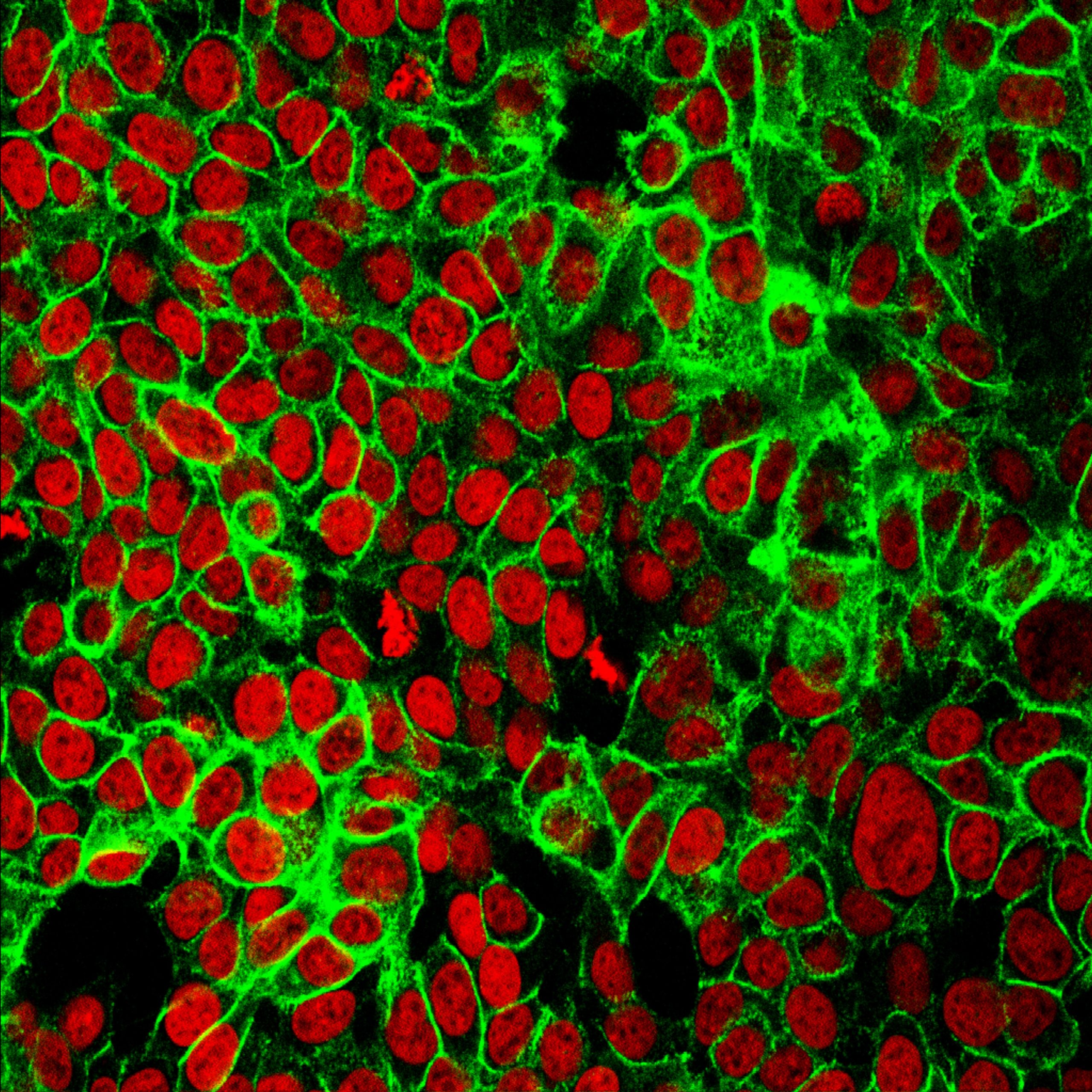Researchers have been trying to look to genetics to determine cancer risk and now a study has shown first evidence that inherited genes are able to drive cancer’s spread.
A new study, published on May 25 in Nature Medicine, suggests that inherited genes can alter the progression of melanoma, a type of skin cancer.
Earlier, a discovery showed that inheriting a certain version (or variant) of the apolipoprotein E (APOE) gene interfered with the process needed for cancer progression. After that Rockefeller University researchers began to speculate how different variants of the APOE gene might explain why cancer progresses in some people versus others.
To address this question, a team of Benjamin Ostendorf a lead study investigator and MD, PhD, a post-doc fellow at Tavazoie Laboratory in New York City, first introduced human melanoma cells into mice carrying three APOE gene variants i.e. APOE2, APOE3, and APOE4.
YOU MAY LIKE TO READ: Cancer’s Extreme Genomic Complexity Explained
“We discovered that the mice with the APOE4 variant had the best protection against melanoma progression versus mice carrying the APOE2 variant,” says Dr. Ostendorf. The doctor added that these mice also had greater anti-cancer immune responses.
To see if these findings would hold true to human patients, the team analyzed genetic data from 365 patients with advanced melanoma, some of whom were also receiving immunotherapy. Patients carrying APOE4 variants not only have almost fivefold longer survival times compared with patients with the APOE2 variant (approx 10 versus approx 2 years), they also responded better to immunotherapy.
According to the American Cancer Society’s 2020 statistics, in 2020, an estimated 100,350 new cases of invasive melanoma will be diagnosed and an estimated 6,850 deaths are expected.
When it comes to APOE4, this high risk for complications and death in late-stage melanoma matters. Ostendorf explains that patients with the APOE4 gene variants at low-risk for melanoma progression did not experience the same improved survival rates seen in high-risk peers.
While the presence of APOE4 can be detrimental in the general population — due to its predisposition to Alzheimer’s and cardiovascular disease — people with advanced melanoma appear to benefit from the enhanced immune response that APOE4 offers.
Image: Unspalsh











